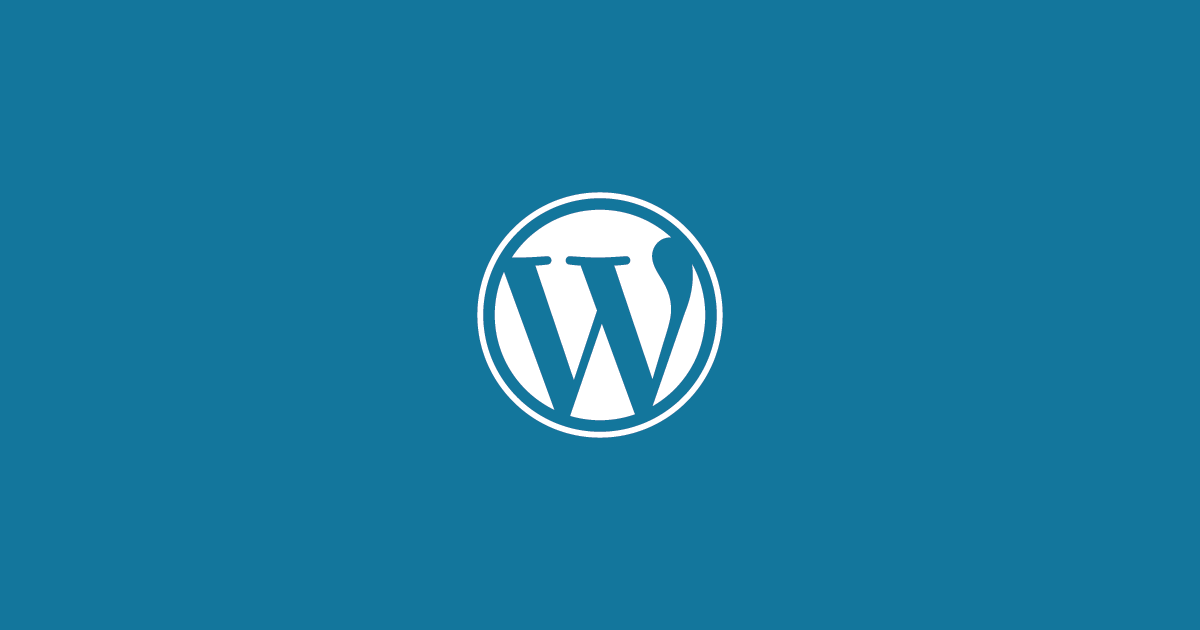Leaving WordPress

Old Habits
WordPress was the first framework I gained experience with. Because of this, it looked like the best answer to every problem I came across. This led to solutions that were over-designed and hard to maintain.
As my development skills have grown, I’ve become better at choosing the right tool for the job at hand. When it came time to update my personal site after two years of neglect, it seemed like a good time to reassess my setup.
It became overkill
I found myself spending most of my time building a CMS that I didn’t need. I’d sit down to write, but would end up adding custom fields and tinkering with templates for hours.
The tinkering was fun, and I learned how to better utilize WordPress in the process. But I wasn’t completing my primary objective.
Why Jekyll?
After reading a lot about static site generators, pretty much everything about the approach was appealing. No databases. No WYSIWYG nonsense to deal with. Lightning-fast sites.
I looked into a couple different options. Hexo, Harp, and Metalsmith were all on the candidate list. I ultimately chose Jekyll for the community and documentation. Also, it seemed better to just try something instead of pining over the perfect tool.
Going Forward
I’m not abandoning WordPress altogether. Sometimes it is the right tool for the job, and clients will continue to ask for it. But for my personal work, Jekyll has been a great move.